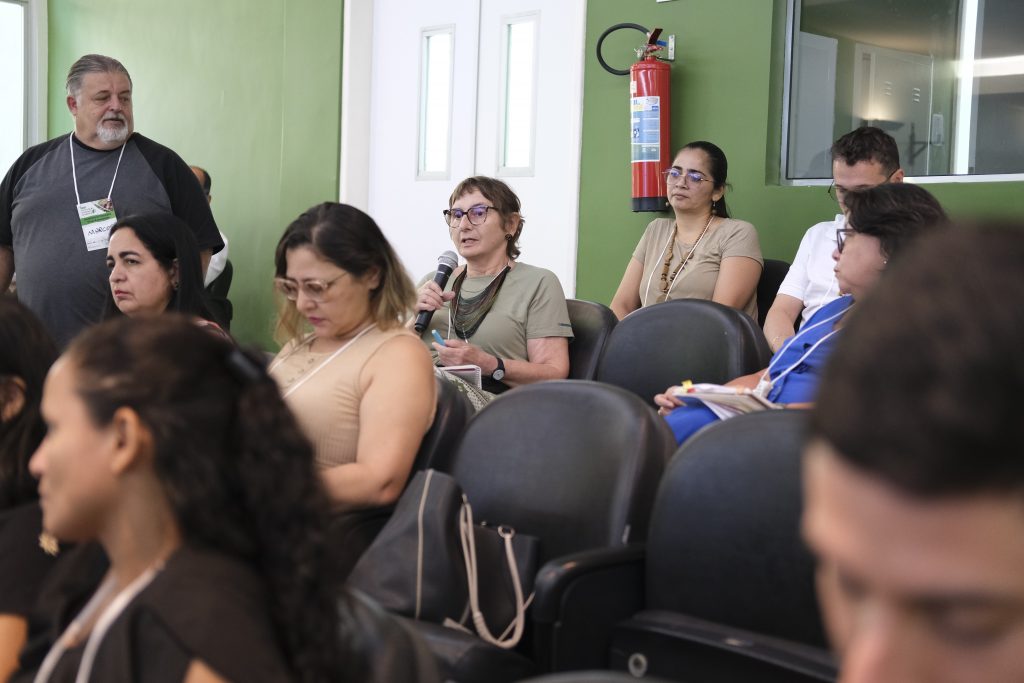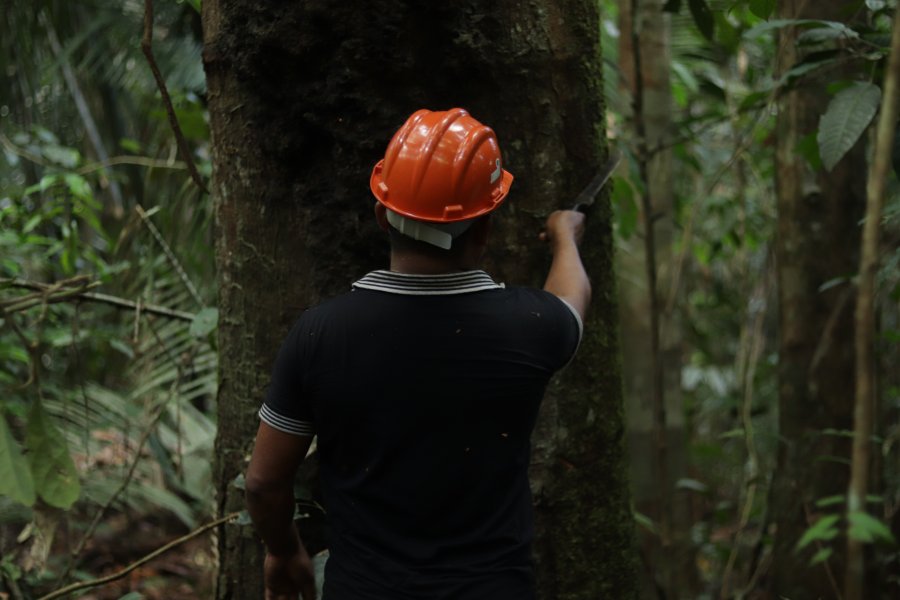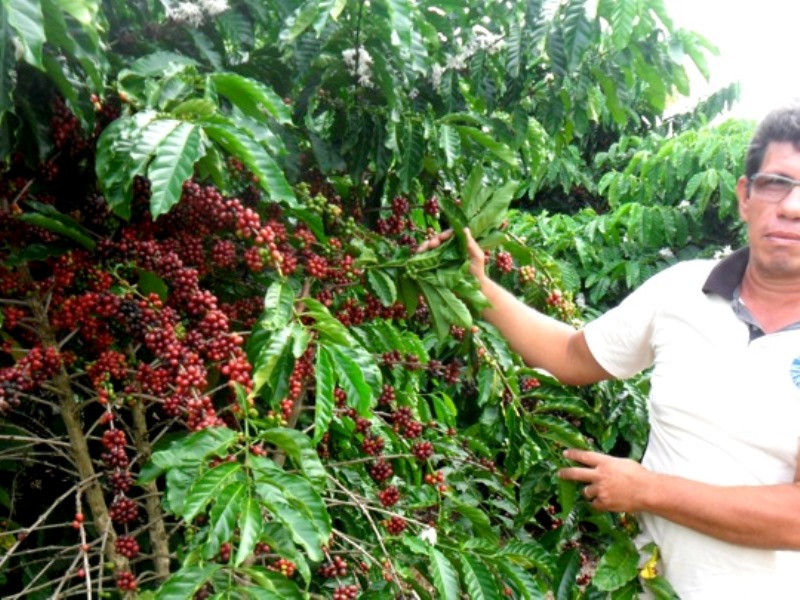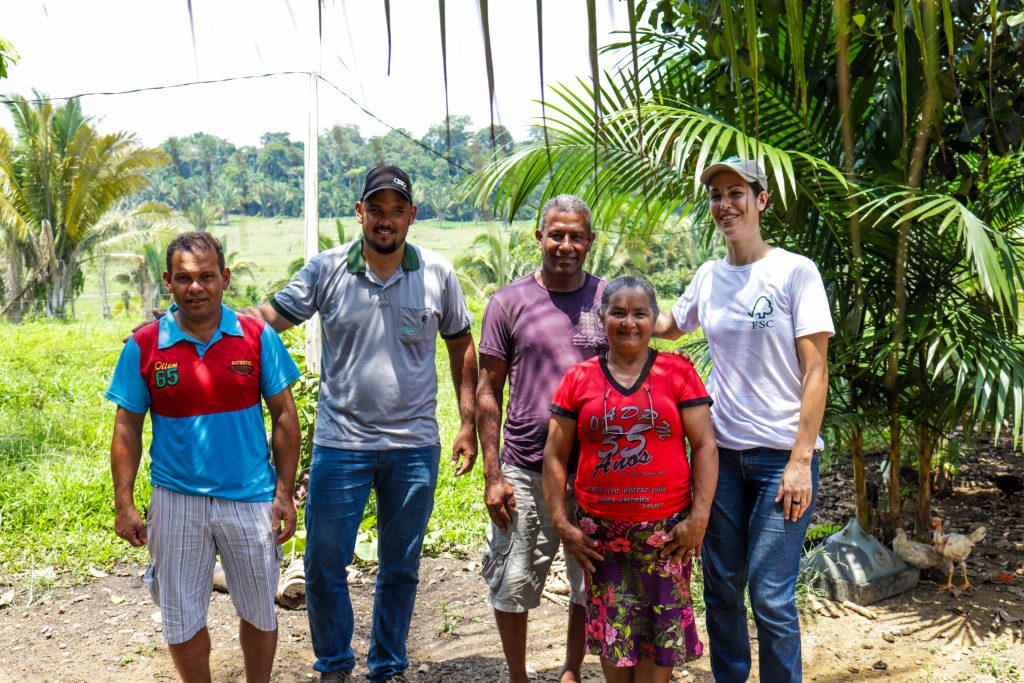Idesam soma forças ao Observatório do Meio Ambiente do Poder Judiciário
Created in last November, the Observatory started its activities this first semester
By Idesam
Translated by Felipe Sá
Photo: Disclosure/Idesam
As a result of its contribution to discussions on environmental public policies, Idesam was chosen to be part of the Environmental Observatory of the Judiciary. The overall goal of the group is to promote a dialogue that can contribute to increase the tools for confronting environmental violations.
The Observatory has 18 members, with 11 councilors from the National Council of Justice (CNJ in Portuguese) and 7 representatives from civil society. Chaired by Minister Luiz Fux, the group is coordinated by Marcus Lívio Gomes, Special Secretary of Programs, Research and Strategic Management of the CNJ. In an Ordinance signed in late 2020, Fux designated all public entities and civil society representatives to make up the observatory.
In addition to Idesam, the Ministry of the Environment (MMA), the Ministry of Agriculture, Livestock and Supply (MAPA), the Brazilian Institute of the Environment and Renewable Natural Resources (Ibama), the National Institute for Space Research (INPE), the National Indian Foundation (Funai), the Brazilian Agricultural Research Corporation (Embrapa), and the Brazilian Bar Association (OAB) have joined the observatory team.
Mariano Cenamo, director of new business and founder of Idesam, highlights that the invitation came after the institute participated in public hearings promoted by the ministers Rosa Weber and Luiz Roberto Barroso, both from the Federal Supreme Court (STF), about the Amazon Fund and the Climate Fund last year.
“We accepted the invitation because it is increasingly evident that the judiciary, in a very positive way, is seeking to be more active in Amazon-related issues that were previously relegated to the executive power. We expect to be able to contribute by bringing a little of our vision and our experience of 16 years of cutting-edge work with Amazonian communities”, emphasizes Cenamo.
Instituted in November 2020 by the CNJ, the Environmental Observatory of the Judiciary seeks to monitor and disseminate information about the environment in order to support research, comparative studies, prospective analyses, debates, and scientific production.
The Environmental Observatory contemplates the promotion of sustainable development and the protection of the biodiversity of the Legal Amazon region, seeking to avoid setbacks in environmental matters as a focus on the natural environment. In addition, the actions also include stimulating the creation of specialized judicial units to combat environmental violations and the safeguarding of protection areas, legal reserves, and ecological stations.
“I am certain that the plurality of ideas and the exchange of experiences among the members of the Observatory and the institutions they represent will point paths to advance in the protection of the environment”, said Luiz Fux, during the online event of the Observatory’s launch in 2020.
The Observatory will also help formulate projects and guidelines, prepare studies and opinions on strategic issues, and propose to the CNJ pertinent and appropriate measures to improve judicial policies on the environment. The intention is that the group will become a reference center for the monitoring and dissemination of data and information that can be integrated with the National Database of the Judiciary (Datajud), thus speeding up the judgment of lawsuits related to environmental violations.
The chief of staff of the Special Secretariat for Programs, Research, and Strategic Management of the CNJ, Doris Canen, says that the observatory “consists of a space for study, monitoring, research, programs, projects, and actions for the development of diagnoses of best practices, policy formulation, and implementation of projects and initiatives for the protection of the natural environment of the Legal Amazon through the actions of the Judiciary and the Justice System.”
“What interested us and drove the invitation to Idesam was the focus of the institute’s work in developing new technologies for the environment. Within the scope of the observatory we also plan to create a Situation Room, gathering ideas from the members. It is a constructive process with all the agents”, explains Canen.
The Environmental Observatory of the Judiciary also envisages seminars, training courses or regional meetings to foster the group’s activities, in addition to proposing normative acts recommending that specialized courts for environmental protection be set up in the states where the Amazon or Pantanal biome exist.





